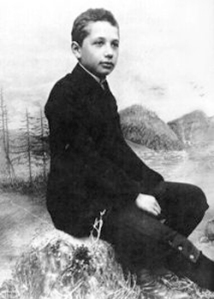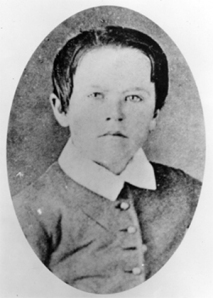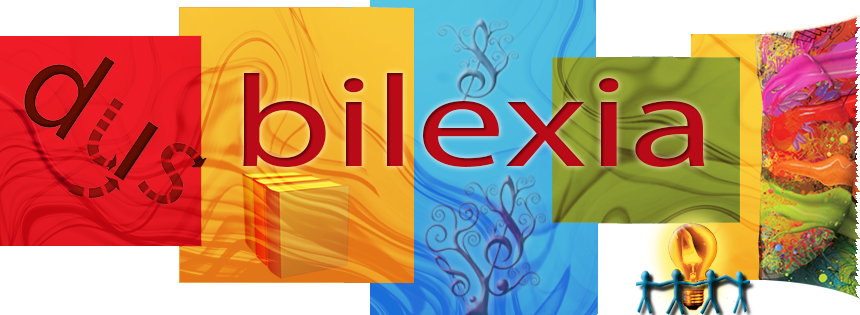What did Albert Einstein, Winston Churchill, Thomas Edison, John Lennon, and F. Scott Fitzgerald have in common? They all had a learning difficulty. They were either dyslexic or had to deal with different traits associated with dyslexia.
One common misperception about people who have a learning difficulty is that they are less intelligent than other people. In fact, people with learning disabilities can be academically gifted and highly motivated achievers. Two in particular – Thomas Edison and Albert Einstein – have always stood out to me.
I know there is some debate about whether these two actually were dyslexic, but the reason I include them here is that as a young man, I found their examples encouraging and they inspired me to keep on working hard and putting my all into everything I did. So here are two extremely short histories of these two men.

About Albert Einstein:
He was a daydreamer. His teachers in Germany told him he would never amount to anything, that his questions destroyed class discipline, that he would be better off out of school. Yet Albert Einstein went on to become one of the most famous scientists in world history.
About Thomas Edison:

When Thomas Edison was 7 years old (in 1853), his teacher considered him “an hyperactive stupid” because he was too curious, asked too many questions and was a slow learner. He was terrible at mathematics, unable to focus, and had difficulty with words and speech. His mother finally decided to school him at home where he could learn in his own way and at his own pace.
By the age of 31 he had invented the phonograph and from that point on he founded 14 companies, registered 1,093 patents, and had employed over 35,000 people in an industrial empire that brought affordable, centrally generated electricity to the world.
Two great Edison Quotes: I have always liked these because they show his perseverance and willingness to try many different approaches to a matter:
“I have not failed. I’ve just found 10,000 ways that won’t work.”
“Genius is one percent inspiration and 99 percent perspiration.”
Why Edison and Einstein?
Now of course I’m no Edison or Einstein, but you might wonder why it was so necessary for me to find role models like these who were not afraid to learn and do things differently than other people.
Well, by the time I was 15 years old, I was already programming computers (before PCs). I remember one time an older friend told me that he never thought I would ever be able do anything but simple manual labor and that he was dumbfounded by what I was doing. This was an attitude that I frequently encountered as I grew up.
Such negative stereotypes are not only demoralizing to a child, but they belie the very reality of many kids with learning difficulties. They have the intelligence and in many cases, the necessary motivation to succeed in anything they choose to pursue. In my case, such negative comments only made me more determined to “show them,” mostly because I was very stubborn. But it also made it more difficult for me because I had to figure things out for myself, without any encouragement. Although this didn’t prevent me from progressing, it did delay my progress significantly. Not only did I have a learning difficulty to contend with, but I also had to swim upstream against a lot of negative feedback. Belief in oneself is about 90% of the battle.
So I would say to children with dyslexia, don’t give up. Believe in yourself. You can do whatever you are willing to work hard at. And that is true for everyone.
Source: Don M. Winn - January 11, 2013


No comments:
Post a Comment